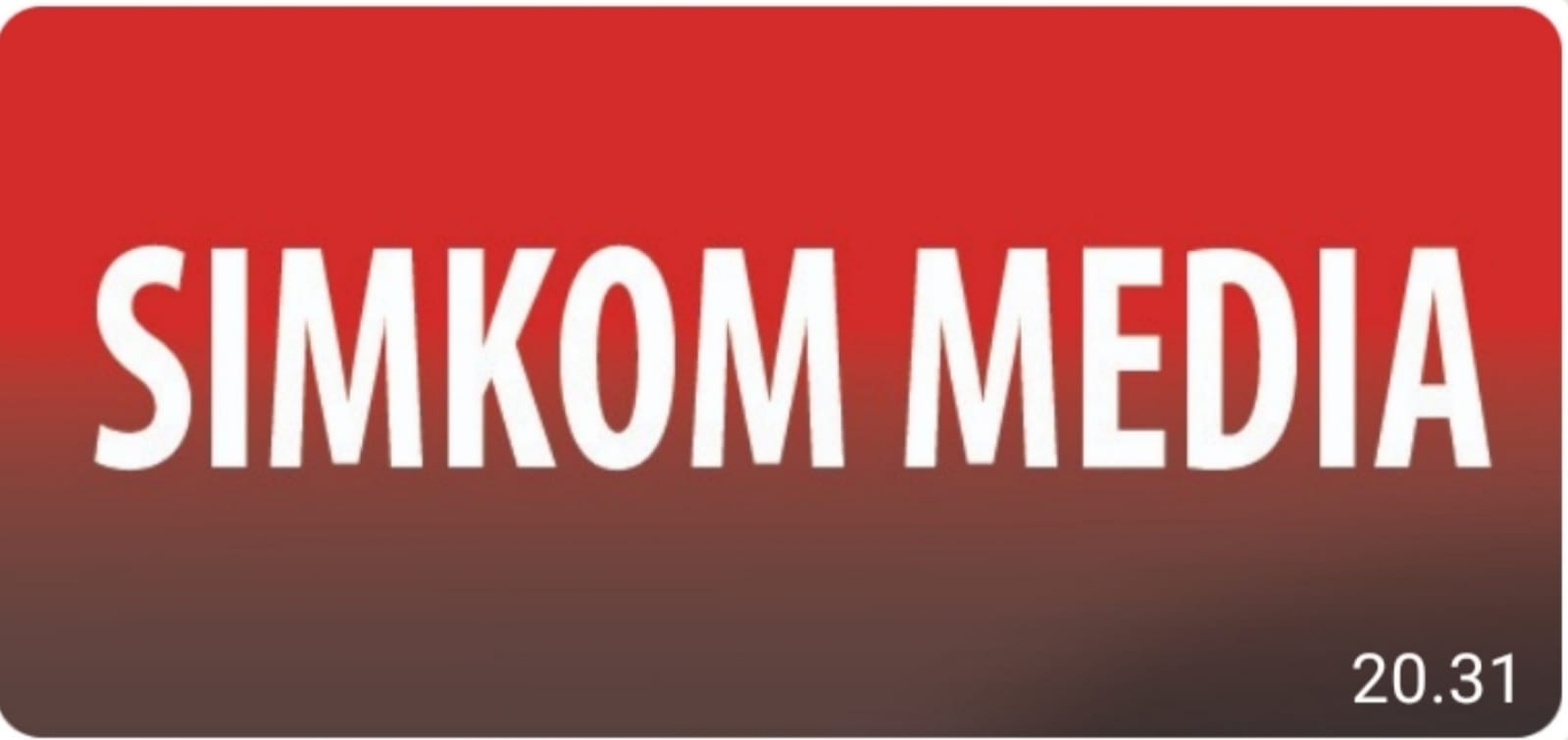Skimming Potential ATM Machines, among others
Skimming or theft of information about ATM users' credentials again occurred to one of BCA's bank customers, Habibie Agus Kurnia, who conceded Rp135 million in savings. There are several characteristics of ATMs that have the potential for skimming crimes.
Cybersecurity expert and founder of Ethical Hacker Indonesia Teguh Aprianto explained that several ATMs are at risk of being exploited by bad people. He said ATMs located in quiet locations, for example at Public Fuel Filling Stations (SPBUs), became easy targets for ATM card criminals. When making transactions using cards at these places, you should be careful," said Teguh via his personal Twitter, Sunday (27/3). The ATM was attacked by cyber criminals. Teguh also explained how an ATM with a skimmer was attached or a device that could copy a combination of Personal Identification Number (PIN). He said the skimmer is usually in the mouth where the customer inserts the card. According to him, there is a device installed to record customer card data. Then at the top of the ATM button cover, a camera is placed to capture the PIN combination on the ATM card.
"The way skimming works is that in the mouth where you insert the card, a device is installed to record your card data. Then at the top of the ATM button cover, a camera is placed to capture your ATM pin," he concluded.
Tips to prevent being a victim of skimming
Other experts also reveal several ways to prevent us from falling victim to skimming. Cybersecurity expert from Vaccines.com, Alfons Tanujaya, explains it as follows:
- Choose an ATM card that already uses a chip
Alfons said that to avoid skimming crimes, one of them could be by using an ATM card that already uses a chip card. According to him, the ATM card that uses the chip is encrypted.
He said encryption is the process of securing information so that it cannot be read without the help of special codes or knowledge. Thus, it is better to ask the bank for a card that already uses this chip technology.
Currently, said Alfons, the average ATM card still uses a combination of chip and magnetic, because it is still in a transition period. So banks need to slowly deactivate EDC and magnetic ATMs.
- Cardless Transactions
In addition, Teguh suggested that the public should use the cardless or cardless transaction feature to withdraw money from an ATM.
Several banking services are currently offering this feature so that customers do not need to enter the card into an ATM.
Users are usually given several codes to be able to withdraw money at an ATM. The code is obtained from the mobile banking application on the smartphone.
This feature is considered safe by Teguh because it does not have to insert an ATM card into a machine that has the potential to be scanned by a skimmer.
"If you don't want to be complicated and safer, you don't have to use a card. Use cardless," he concluded.
Furthermore, Teguh suggested to separate the main account and the account for transactions, to prevent excessive losses when customers become victims of skimming or ATM card burglary. Usually skimmers install a skimmer in the mouth hole of the ATM or on the EDC swipe machine. Then the skimmer will copy several data, starting from the PIN, to the total balance of the magnetic stripe found on the customer's ATM card.
Vaccine.com cyber security observer Alfons Tanujaya revealed that ATM skimming incidents could come from inside and outside.
This means that there is a possibility of leakage of the banking database in data processing by the bank or there is an EDC machine skimming accompanied by a PIN spy.
Thus, users must be vigilant when transacting with cards, especially at ATMs in quiet locations, inserting oddly shaped ATM cards, or pin pads that are too protruding.
"The PIN stealing tool is also sophisticated. You can see a small camera. It looks like a keypad that is stacked on top of the original keypad," Alfons told CNNIndonesia.com some time ago.
Cybersecurity expert Teguh Aprianto assesses that ATMs that are most prone to skimming are deserted places, as well as Public Fuel Filling Stations (SPBU), so when making transactions at these places, it's good to be careful.
"

